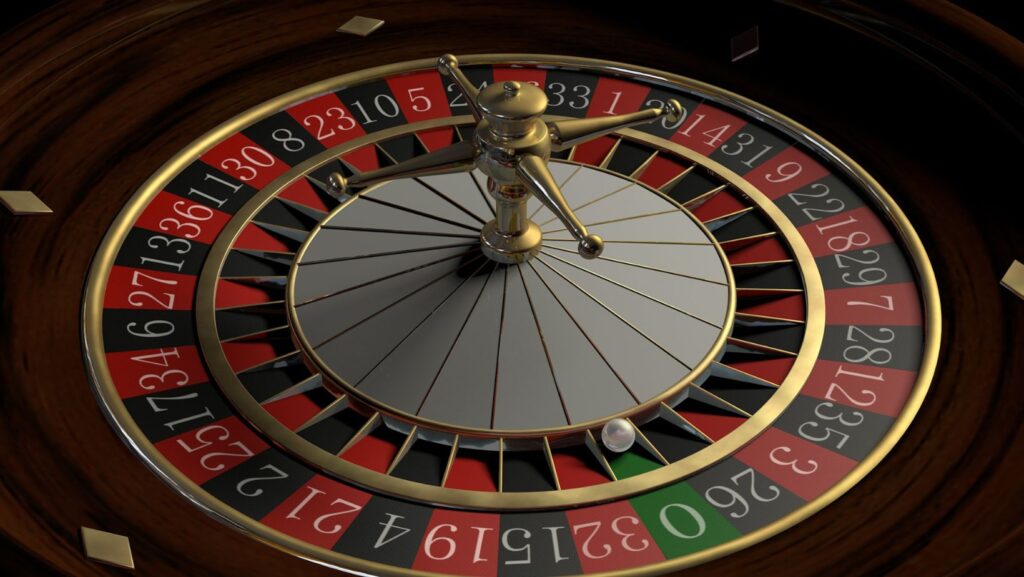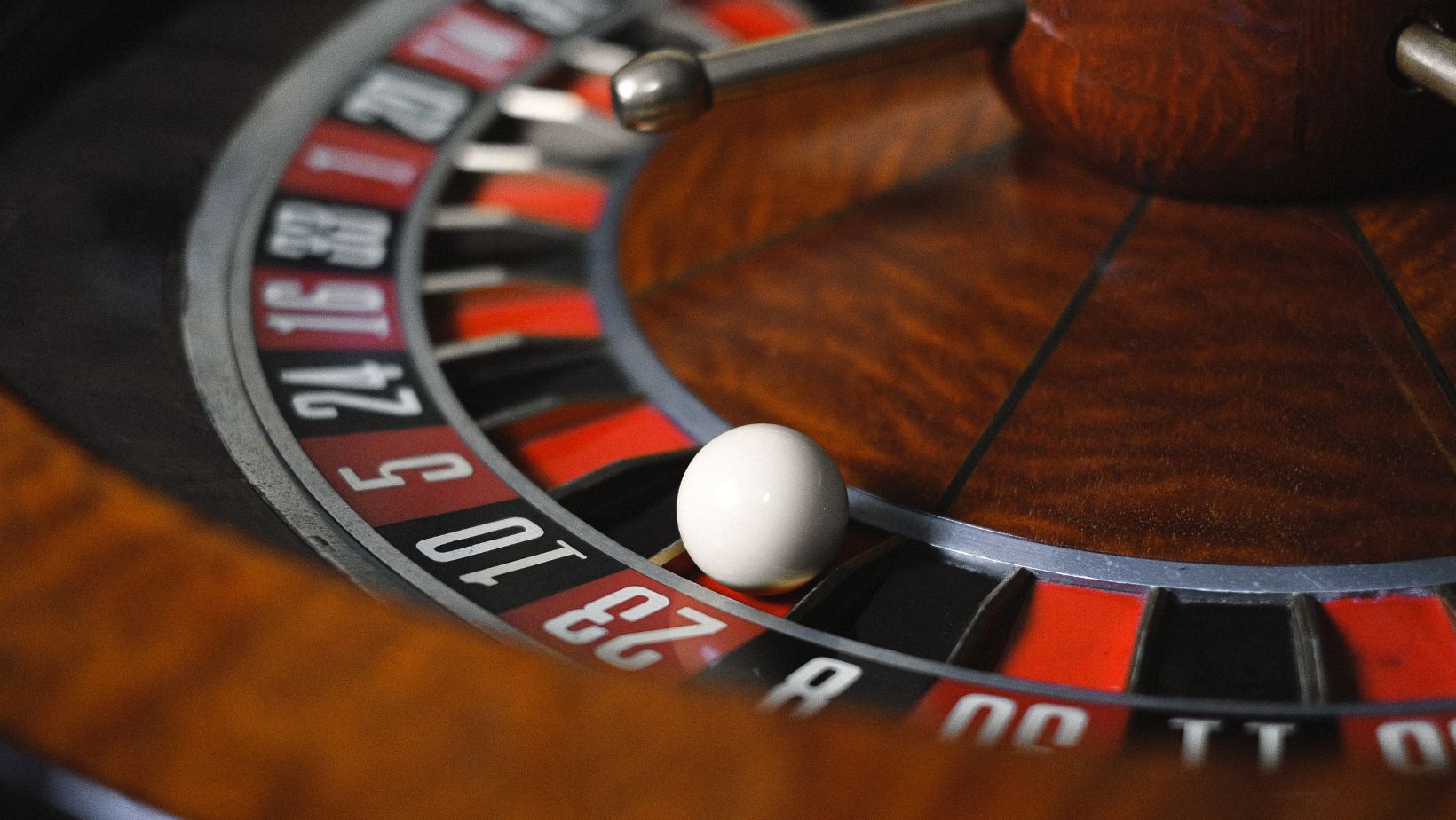
Roulette is a legendary game, the pinnacle of the casino world. It’s also a game with a long and fascinating history. Beyond the spinning wheel, there are stories and facts about this popular game that make its story a lot of fun.
Here are a few things about roulette that you probably didn’t know about.
Invented by accident
Millions worldwide play roulette online or stand around the roulette table, waiting for the ivory ball to stop. Few know that the roulette wheel was a byproduct of a scientific experiment.
Blaise Pascal, a 17th-century French mathematician and inventor, was on a quest to create a perpetual motion machine. Though he never achieved this impossible task, his efforts led to creating the roulette wheel.

This invention was not intended for gambling purposes. However, it laid the groundwork for one of history’s most famous casino games. Pascal’s contribution to gambling shows how curiosity and innovation lead to unexpected outcomes. It’s much like the result of a game of roulette.
Two souls for success
The story of the roulette wheel takes a mysterious turn with the Blanc brothers, François and Louis.
In the 19th century, they introduced the single-zero roulette wheel, a variant that gained popularity. However, an eerie detail about the game led to wild speculation: the total of the numbers on the reel.
When you add up all the numbers on the roulette wheel, from 1 to 36, the total is 666. No wonder it sounds familiar; it’s the biblical “number of the beast.” This coincidence led to rumors that the Blanc brothers had made a pact with the devil, selling their souls in exchange for the secrets of success.
While these claims were unfounded, the legend added to the game’s mystique and made it even more intriguing to gamblers.
Clever marketing
The evolution of roulette led to the creation of two main variants: European and American roulette. The difference between them lies in the number of zeros on the wheel. The original European version features a single zero, while the American version includes both a single zero and a double zero.
This variation is not just a matter of design but the result of clever marketing. In the mid-19th century, German casino resorts wanted to offer a more player-friendly game. They removed the double zero from the wheel, reducing the house edge. This move was marketed as offering better odds to players, making the single-zero game more appealing.

The European version of roulette became synonymous with better chances for players. At the same time, the American version remained with the higher house edge. This marketing decision influenced how roulette developed and is played around the world.
Roulette is more than just a game; it has a rich history, intriguing stories and strategic evolution. From Pascal’s experiments to the marketing strategies of German casinos, roulette has a captivating backstory. These little-known facts about the game bring a new level of appreciation for this classic casino title.










